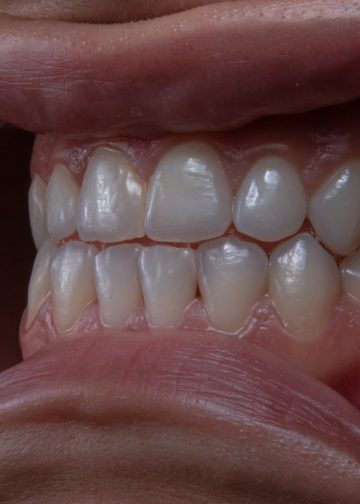Physiotherapy plays an essential role in the rehabilitation of sports injuries like visit us skyephysiotherapy.com. To deliver effective treatment, physiotherapists and athletes should develop a strong bond. The relationship should also factor in the athlete's expectations regarding their rehabilitation. Physiotherapy sessions should incorporate these athlete expectations. For instance, athletes should be able to participate in enjoyable and rewarding activities for them. In addition, the rehabilitation program should be able to accommodate their schedules, enabling athletes to focus on the activities that are most important to them.
Physiotherapy reduces injuries
Physiotherapy management is essential for reducing the number of injuries suffered during sports. Common sports injuries include hamstring strains, which occur due to overused muscles. Athletes sustain these injuries during sprinting, fast bowling, fielding, or running between wickets. Physiotherapy management helps athletes manage pain and increase flexibility and strength in the affected area. Exercises such as electrotherapy and massage are also beneficial for promoting healing.
Physiotherapy management from https://physioinqfrankston.com.au/ can help reduce the number of sports injuries by providing fast pain relief. In physically aggressive sports, the patient may require instant pain relief. Physical therapy techniques may include hot or cold packs, taping of injured parts, and dry needling. The main goal of these treatments is to relieve muscular tension and target the cause of pain. These quick treatments reduce the number of prescription opioids taken by athletes. However, this approach does not help every athlete recover.
Physiotherapy management reduces the severity of athletic injuries and helps athletes return to their sport sooner. Physiotherapists focus on injury prevention, evaluation, and treatment. Initially, the focus is on reducing pain and promoting healing. Once pain and swelling subside, progressive reconditioning treatment begins. Patients will perform exercises aimed at mobility, flexibility, balance, coordination, and joint positioning. Once progress has been made, athletes will be able to return to their activities more quickly and may even achieve their peak performance again.
Physiotherapy helps in recovery
Sports injuries are inevitable, with many people suffering from musculoskeletal problems due to participation. The most common sport that causes tissue injuries is football, gymnastics and ice hockey. Tissue injuries sustained from sports can be categorised as macro or micro-traumatic. A macro-traumatic injury is caused by a powerful force and occurs more frequently in contact sports.
Physiotherapy involves regular muscle assessment to assess the condition of muscles. The physiotherapist will then use exercise and technology to strengthen the injured areas. Because athletes use the same muscles every day, repetitive stress can result in muscle imbalances, and this imbalance can result in pain and disability in the athlete.
The flexibility of muscles and joints is vital for athletes, and Physiotherapy improves flexibility and reduces the risk of further injury. With the proper treatment, athletes will be able to play better and prevent future injuries. In addition to preventing pain and discomfort, physiotherapy can also improve balance and mobility.
Physiotherapy enhances the body's ability to cope with high physical strain
Physiotherapy is also essential in sports injury prevention and recovery, as it improves the body's ability to cope with the stress of high physical strain. It is a valuable form of treatment for a range of sports injuries. This form of therapy is highly effective in reducing the cost of surgery and enhancing the body's ability to cope with high physical strain in sports injuries.
Physiotherapy is a branch of medicine that focuses on treating neuromuscular, cardiovascular, and respiratory problems. The practice of physiotherapy involves working as a team. The profession is characterised by systematic clinical reasoning, reflective behaviour, and the use of clinical judgment. This approach helps the patient achieve their goals. The practice of physiotherapy also includes rehabilitation and education.
During your first visit, the physical therapist will evaluate your injury and advise how to improve your wellbeing. They will also recommend activities to strengthen your body and prevent further injuries. Your physiotherapist will also help you develop specific movement goals to improve your performance. It's essential to establish realistic goals with your therapist and discuss them.
Physiotherapy is an essential part of recovery for athletes, as it allows them to regain their form without any lingering effects of the injury. Moreover, it helps athletes relax muscles and recover from strenuous exercises, helping them recover their strength and energy. With a proper recovery process, an athlete can improve their performance and return to their highest levels. The benefits of physical therapy are numerous.





















